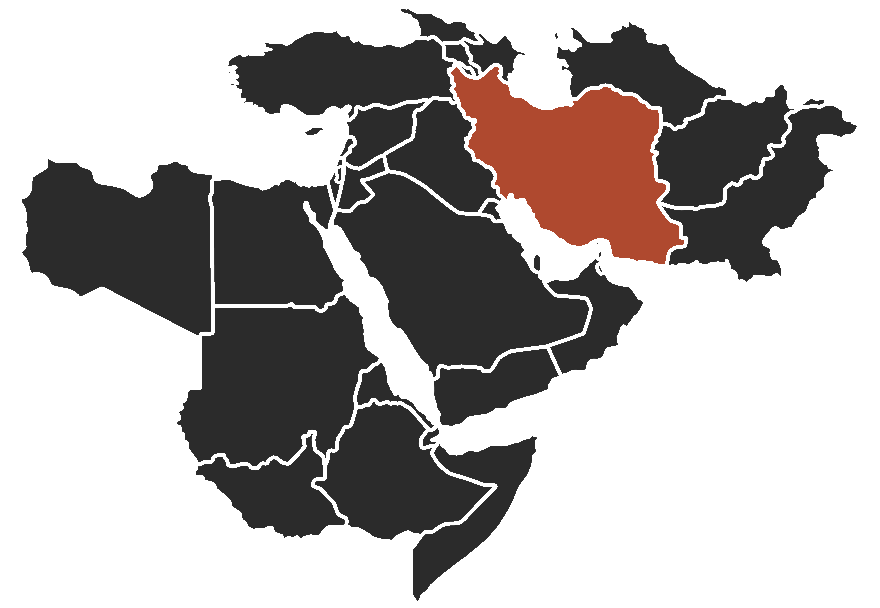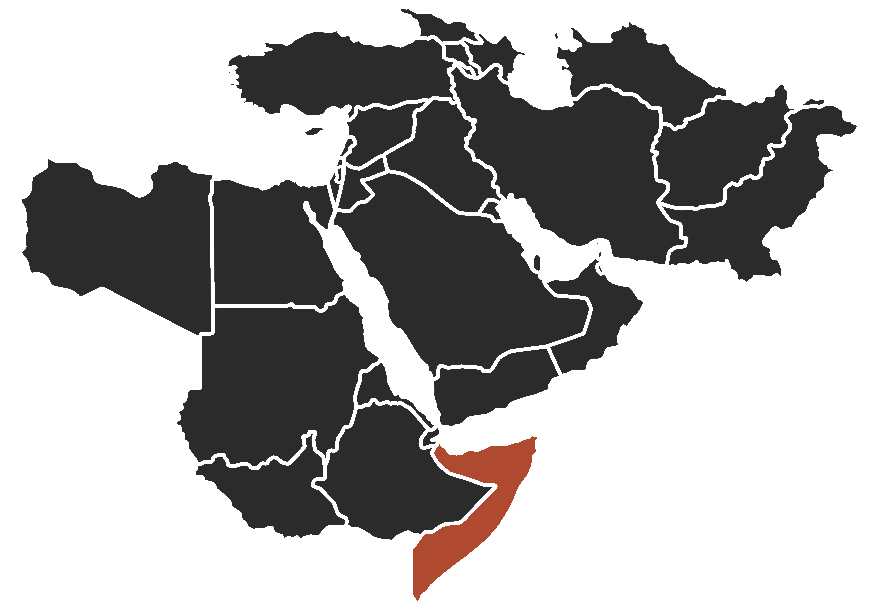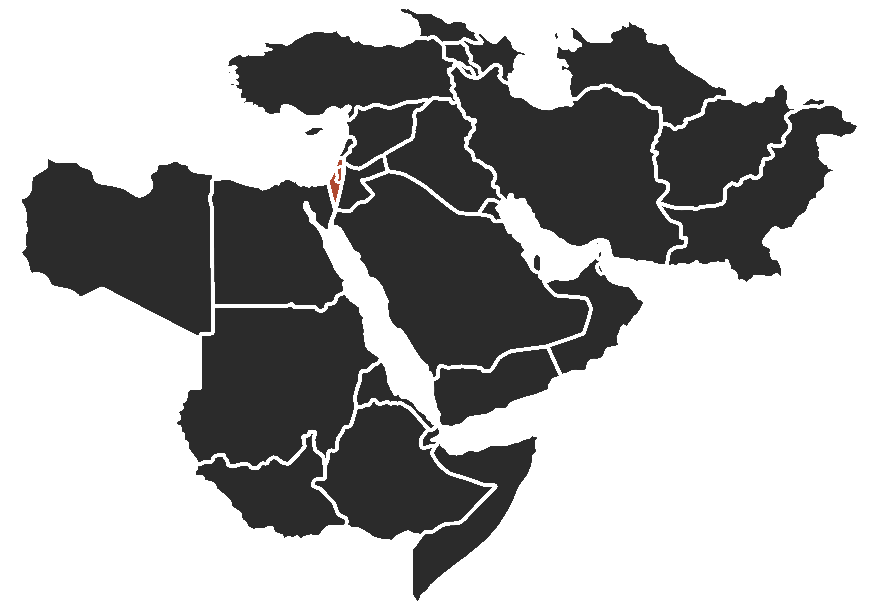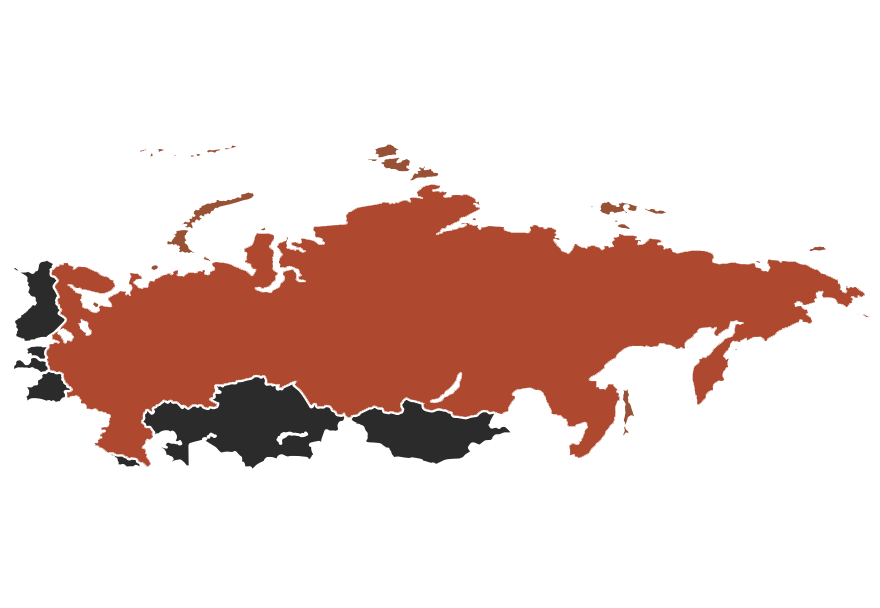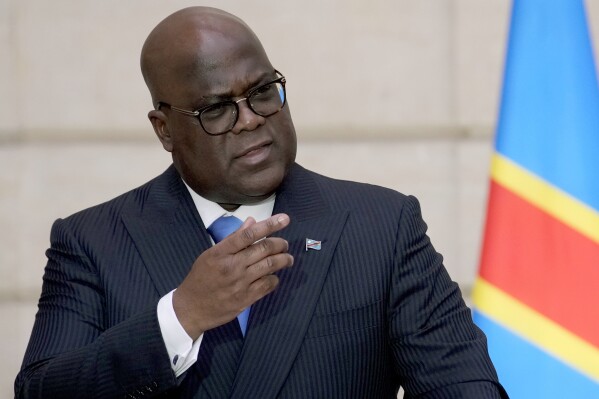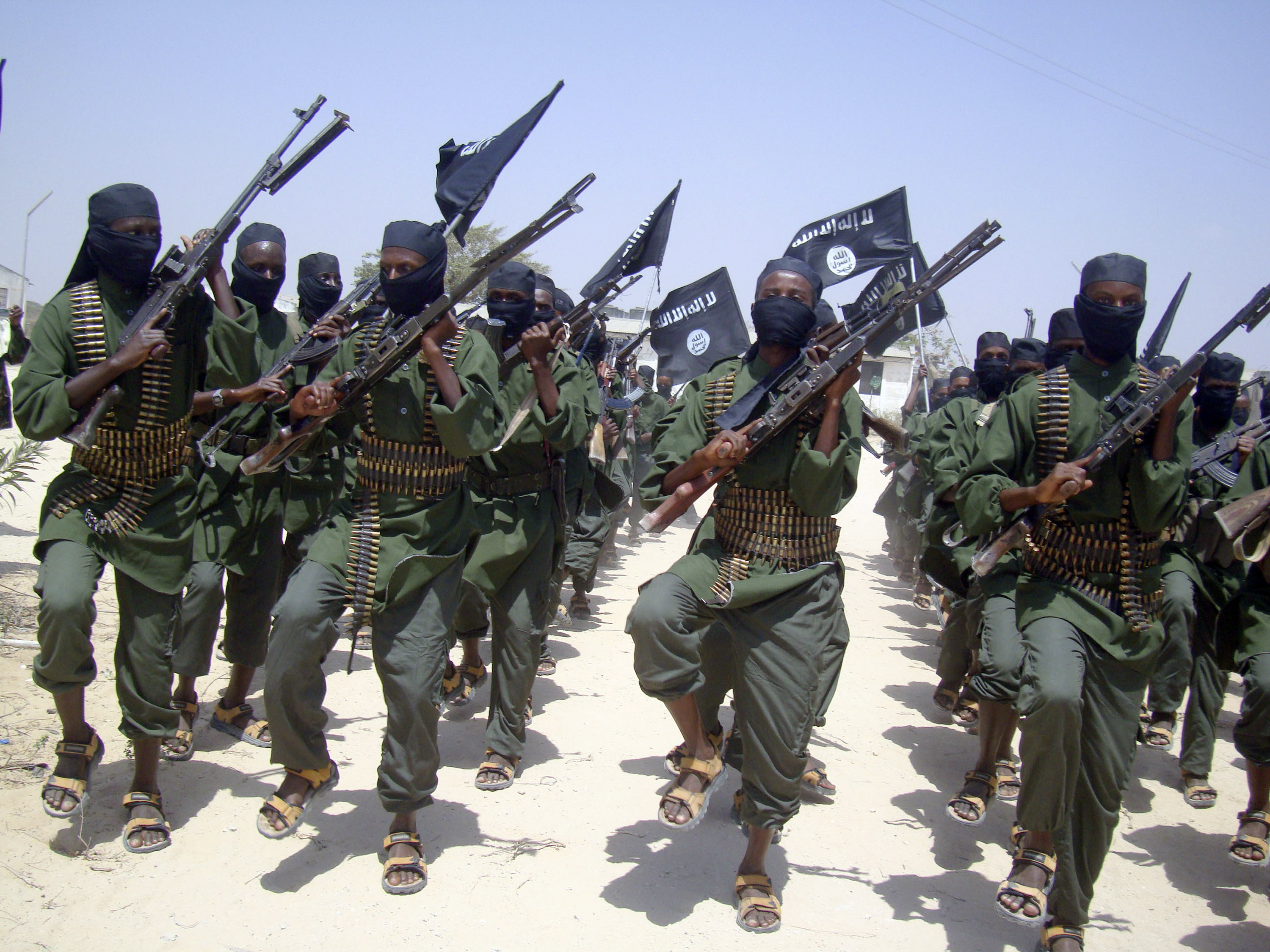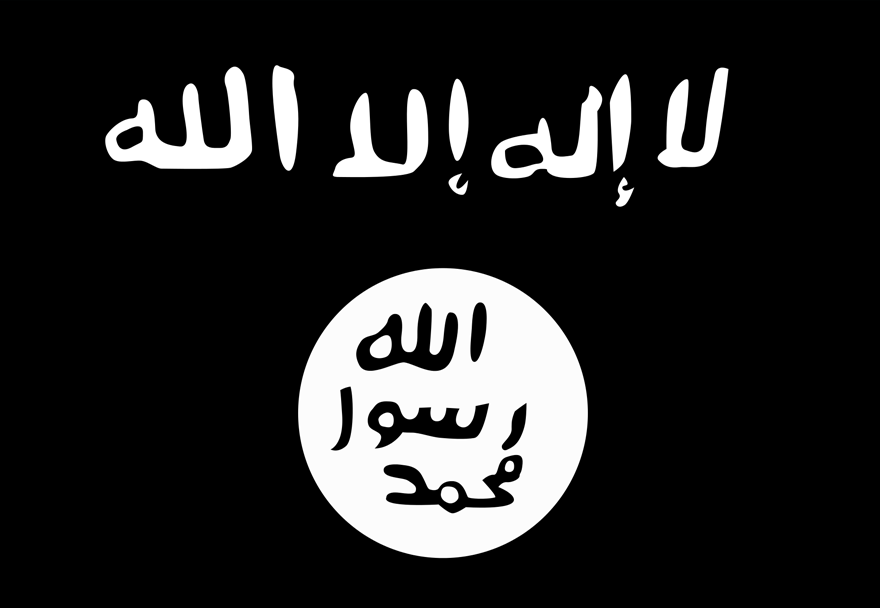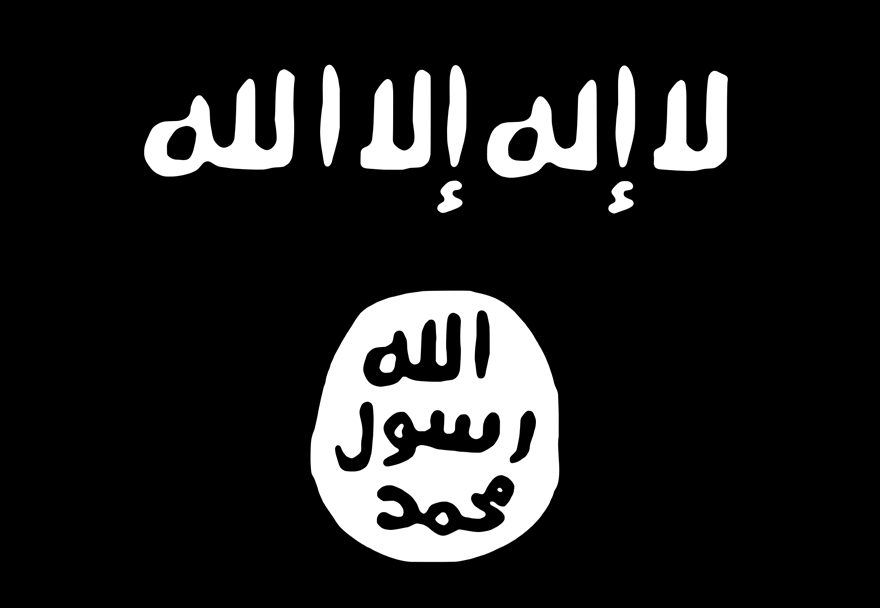The Critical Threats Project releases a weekly update and assessment on the al Qaeda network.
Key Takeaways:
- The Libyan counter-ISIS campaign will likely become a prolonged siege of city. Armed factions that support the UN-backed Government of National Accord (GNA) are advancing on Sirte from the east and west. Some of these forces are shaping their offensive to cut off ISIS’s access to southwest Libya, the most likely route by which ISIS would attempt a tactical withdrawal should holding Sirte become untenable. ISIS is calling for reinforcements and dedicating significant resources to hardening the city’s defenses and delaying its enemies’ advance. The current Libyan forces lack the capability to take Sirte without support, and continued competition between rival Libyan militias and political powerbrokers will likely impede efforts to oust ISIS from its urban stronghold. [See CTP’s backgrounder on forces in Libya and a forecast of ISIS’s courses of actions in Libya.]
- Al Shabaab attacks against Somali government and African Union Mission in Somalia (AMISOM) targets will likely surge during Ramadan month. Al Shabaab conducted a complex attack on Mogadishu’s Ambassador Hotel on June 1 that killed at least 16 people, including two members of the Somali Parliament, following warnings that the group plans to increase its attacks during the Ramadan season. Al Shabaab continues to demonstrate resiliency and attack capabilities despite a U.S.-backed campaign targeting its leadership. A U.S. airstrike killed senior al Shabaab military commander and intelligence chief Abdullahi Haji Da’ud on May 27, and U.S. advisers supported a raid that killed senior commander Mohamed Mohamud Kuno, who masterminded the April 2015 attack on Kenya’s Garissa University, on May 31.
- Al Qaeda in the Indian Subcontinent (AQIS) echoed guidance that had been issued by senior al Qaeda leadership. The group’s leader and its spokesman both issued statements that warned against killing Muslim civilians in attacks. AQIS emir Asim Umar encouraged fighters instead to attack “the head of the serpent,” and engage in the far war. AQIS spokesman Usama Mahmoud condemned the January 2016 Bacha Khan University and December 2015 Pakistan National Database and Registration Authority attacks. [See CTP’s AQIS backgrounder.]
